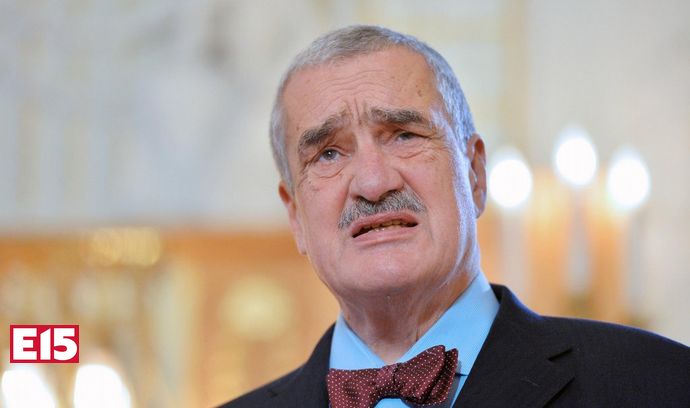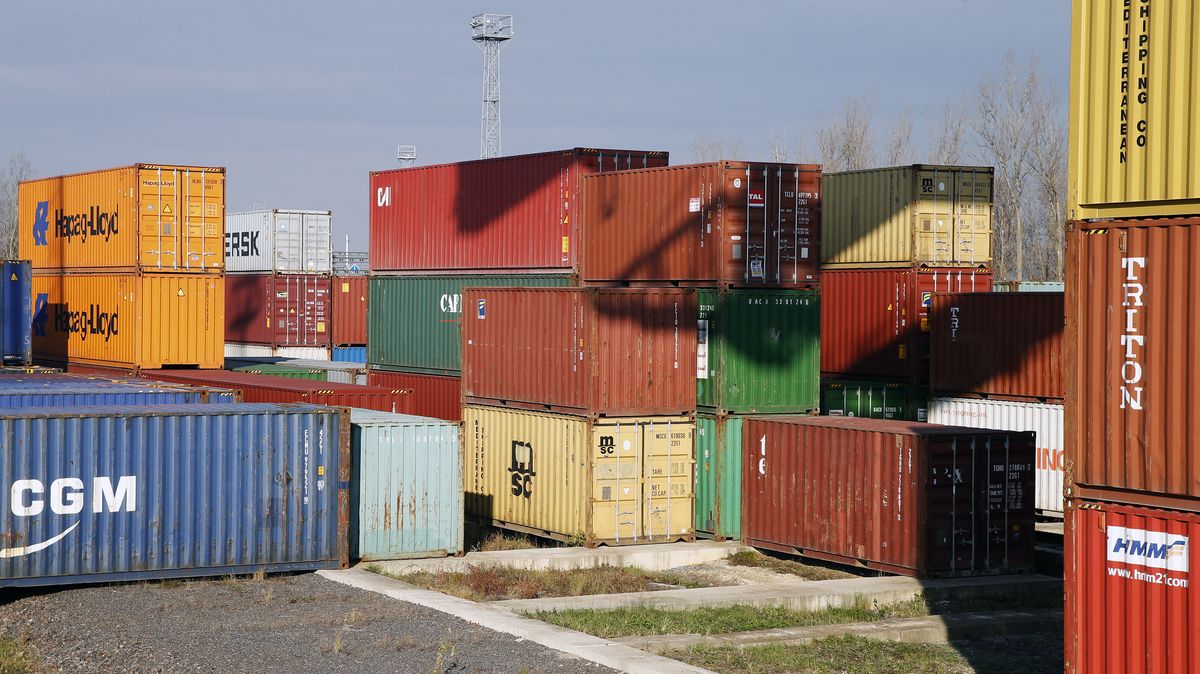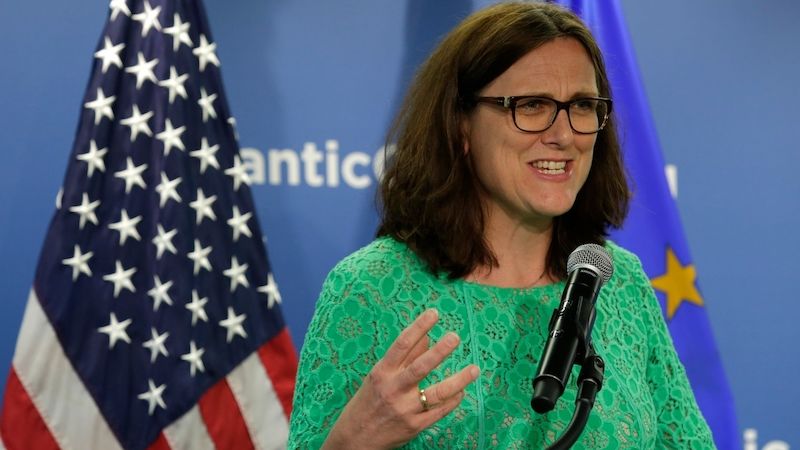There is democracy exhaustion in Europe. The former Czech Foreign Minister Karel Schwarzenberg stated this at the Forum 2000 conference. The head of TOP 09 hopes that Russian President Vladimir Putin will wake him up and Europeans will remember what democracy is and must be preserved. Former Slovak prime minister Iveta Radičová thinks the biggest risk for Europe is the people’s call for a stronger state where they are willing to give up their freedoms.
“Today’s democracy relies on relatively boring politicians who can be replaced at any time, at least for many people,” said Schwarzenberg, who along with Radičová spoke on the opening panel of today’s conference, the 18th edition of which started on Sunday.
According to Schwarzenberg, it is therefore understandable that citizens are less interested in politics and the press is fascinated by the authoritarian Hungarian Prime Minister Viktor Orbán than his Austrian or Romanian counterparts, who, according to the former head of Czech diplomacy, are “gray politicians and boring”. “Therefore, we should not be surprised that the interest in democracy is decreasing,” said Schwarzenberg.
Forum 2000’s former founding chancellor, the late president Václav Havel, warned against abandoning the idea of liberal democracy and against voices that, for example, praised the situation in communist China.
Democracy must defend itself
“Maybe, at least I hope so, that Vladimir Vladimirovich Putin will wake us up and maybe he will be the one who will move Europe and the EU towards greater unity and that we will remember the democracy we have to defend,” Schwarzenberg said, alluding to the intervention Russia in Ukraine, which sparked protests from the West.
“I believe that the biggest risk facing Europe lies in a powerful paradox. On the one hand, citizens are calling for more social rights, greater demands, meaning a stronger state, but at the same time fewer personal liberties and stronger state paternalism, as well as weaker civil society,” commented Radičová on the situation on the old continent. “As a result, there is a lack of trust in politicians who are unable to meet all the demands of these citizens,” he added.
According to him, Europe is facing a number of new phenomena. One is “oligarchic democracy”, an example of which he saw in the Czech Republic, Hungary, Slovakia and other countries.
Panel discussion at this year’s Forum 2000 conference (photo: ČTK)
Another panel today at the conference discussed the importance of a foreign policy based on the defense of human rights, as advocated by Havel. Among others, well-known Belarusian dissident and first recipient of the Václav Havel International Prize for Human Rights, Ales Bjaljacki, exiled Prime Minister of Tibet Lozang Sanggjä, and president of the American Foundation for the Promotion of Democracy, Carl Gershman, spoke about the legacy of the first post-Soviet president. He repeated Havel from Kyiv in 2009: “If economic interests trump human rights, that would be suicidal.”
Havel’s opinion is based on historical experience with Nazism and communism, that is, with totalitarian regimes. He fought against them because he knew what they were like. But today’s youth don’t have this experience,” said Gershman, citing the need to remember the past, especially to the younger generation.
The new US Ambassador to the Czech Republic, Andrew Schapiro, stressed the need to speak openly about human rights violations and to confront governments that do so with a different view of the world of democracy. Like Havel, he believes that it is necessary to have dialogue with these countries and not to close oneself off from them.

“Tv nerd. Passionate food specialist. Travel practitioner. Web guru. Hardcore zombieaholic. Unapologetic music fanatic.”







